
Almost every organ in the human bodyperforms more than one fundamental role and therefore, the majority of humanorgans are practically indispensable. In the view of this fact, it is cruciallyimportant to do whatever we can to prevent any of the disorders and diseasesthat can affect the vital organs in our body.
Liver is the organ which also performsmany functions in the body and it should be kept healthy. However, it isestimated that the body can function normally even with only 60% of the healthyliver. This organ can be affected byvarious disorders and diseases, and while there are some that are not verydangerous and that are treatable, there are also those that are serious and even lifethreatening.
Liver problems
Among the hereditary disease of theliver there is Wilson’s disease featured by the retention of the copper by thebody. Another hereditary disease of this organ is hemochromatosis, which is themedical term for the buildup of iron, which causes the damage to the liver. Furthermore, the liver may develop Gilbert’ssyndrome which is actually a genetic liver disorder when the bilirubinmetabolism is carried out normally so that he level of it starts to increase, thus resulting in occurrence of jaundice. Hepatitis refers to the inflamedliver caused mainly by viruses, while cirrhosis is the condition mainly inducedby excessive alcohol consummation that kills the liver cells, which are subsequentlyreplaced by the fibrous tissue. Liver cancer can be divided into twogroups: hepatocellular cancer and metastatic liver disease. While the first oneoriginates in the liver itself, the second spreads from some other surrounding organto the liver.
Signs and symptoms of liver problems
Jaundice is a typical symptom that appears when the liver is somehow damaged, since the liver assist in thecreating of bile, which contains bilirubin. Excessive amounts of bilirubin result in ourskin turning yellow, and it also affects the eye whites, which is why they also change the color into yellow. Furthermore, the one who has some liver problem might notice that the urine has also changedthe color and became slightly darker.
It is also regarded that theaffected liver may cause the person to feel excessive thirst, as well as to havefrequent urge for urination. Moreover, abdominal pain followed by abdominalbloating, discolored stool, lack of appetite and nausea and vomiting are alsosome of the symptoms that usually appear when the liver develops some disorderor disease.




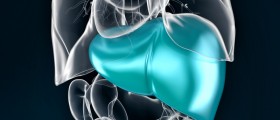



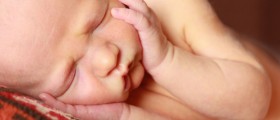
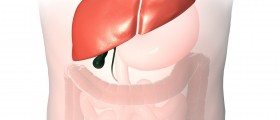
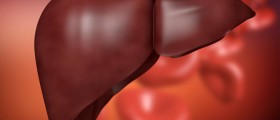

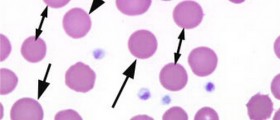
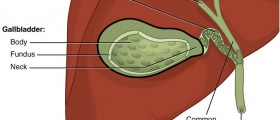


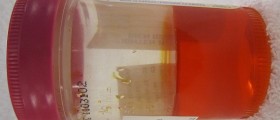
Your thoughts on this
Loading...